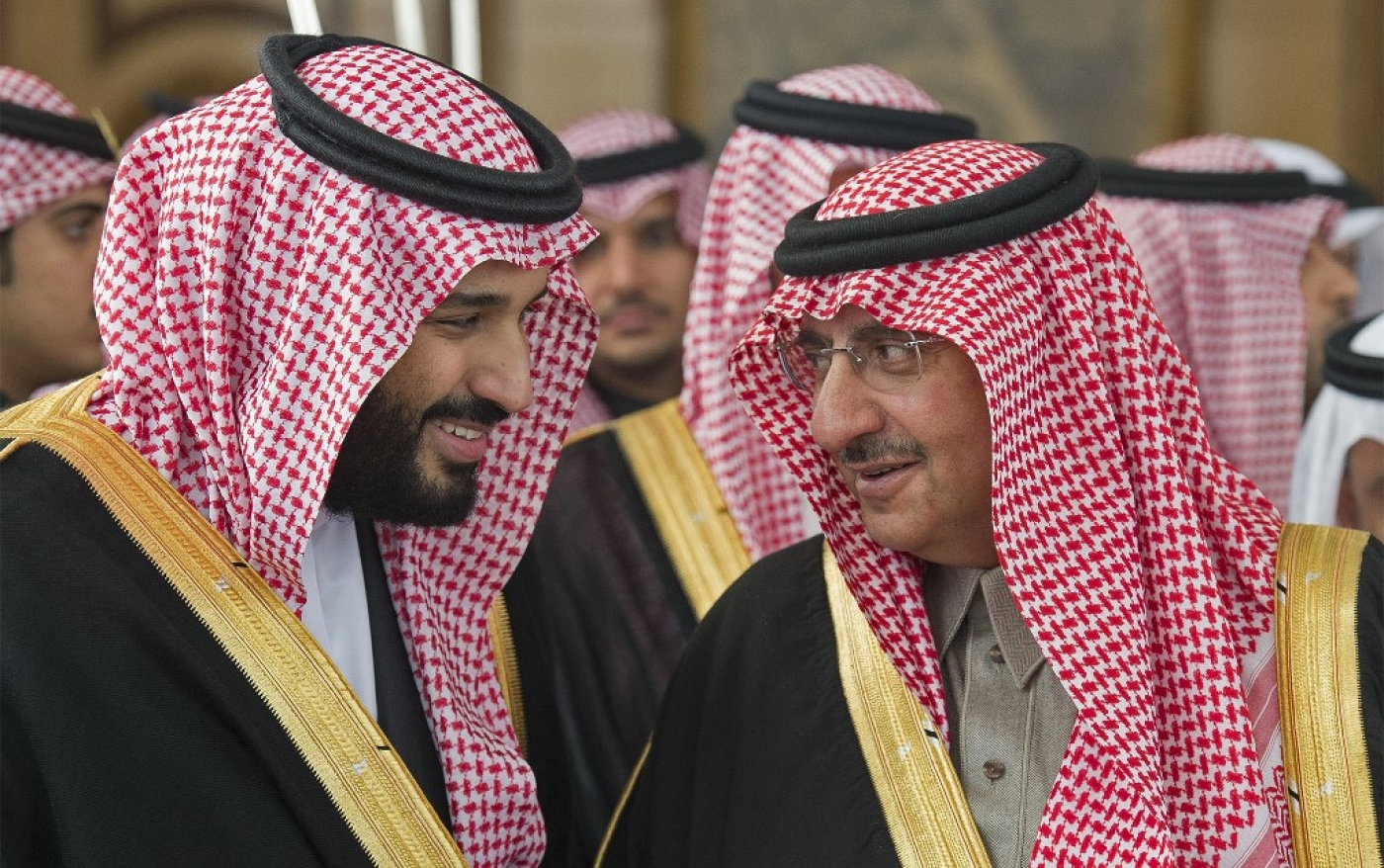by naharnet –– Maronite Patriarch Beshara al-Rahi on Sunday called on President Michel Aoun to break what he called the siege that …
/cloudfront-us-east-1.images.arcpublishing.com/mco/NPLCWNFVZFDLTKQRHJA6KRQNZM.jpg)
By: Agnes Helou -- defensenews.com -- BEIRUT — The Lebanese government plans to sell five outdated Air Force Hawker Hunter fighter jets and three Sikorsky S-61 helicopters in an attempt to reallocate the service’s resources, a government source has confirmed to Defense News. “Lebanon has been in negotiations with many suppliers to procure primary training aircraft, on top of which Pakistan might supply Super Mushshak trainers to the Air Force, but the deal hasn’t been sealed yet,” a Lebanese official told Defense News on condition of anonymity. Lebanon has seven aging Hawker Hunters, five of which have been nonoperational since 1990, and the other two out of service since 2011. Repairing them has proven difficult due to a lack of spare parts. Furthermore, the aircraft are equipped with outdated weapons systems that have poor accuracy when compared other technology in service with the Air Force, such as the Super Tucano and its advanced precision kill weapon system. “Based on good management and investment of available equipment, the Air Force developed a plan to replace five Hawker Hunter planes with their spare with two primary training flights. This step also comes in the context of a plan to replace the existing Bulldog aircraft, which are specialized for primary flight training, and which are expected to be stopped from flying in the next five years,” the source said.
However, the Lebanese Air Force will keep two Hawker Hunters (one with double seats and the other with a single seat) with some spare parts in hopes they can be fixed up for future air shows. ormer Commander of the Lebanese Air Force Brig. Gen. Mahmoud Mattar told Defense News that the country’s limited economic resources are behind its decision to sell aircraft. “The scarce economic resources prevent LAF from refurbishing and re-operating the Hawker Hunter fighters and the Sikorsky. Though, the technical capabilities to replace the spare parts and bring Hawker Hunter back to service and particularly for ground-attack missions are available,” Mattar said. The aircraft are expected to be sold in a public bidding this year, the Lebanese source noted. The official added that interested parties will likely be “small companies or private clubs.”
by middleeastmonitor.com — The usually grand Baalbek Music Festival, set among 3,000-year-old Roman ruins in Lebanon, was reduced to just a single …

Opinion by David Ignatius -- washingtonpost.com -- A grim new chapter in the Saudi “Game of Thrones” battle for control of the kingdom appears to be underway, as Crown Prince Mohammed bin Salman prepares corruption and disloyalty charges against his predecessor and onetime rival, former crown prince Mohammed bin Nayef — a man who was once the United States’ champion in the war against Islamist terrorism. This royal family showdown has been building ever since MBS, as he’s known, deposed his predecessor in June 2017. The roots lie even deeper, in the bitter rivalry between supporters of the late King Abdullah, who had championed MBN, as the former crown prince is called, and the courtiers who surrounded his successor, King Salman, and his impulsive son MBS, when the new king assumed power after Abdullah’s death in January 2015.
Saudi and U.S. sources say that MBS’s anti-corruption committee is nearing completion of a detailed investigation of allegations that MBN improperly diverted billions of Saudi riyals through a network of front companies and private accounts while he was running Saudi counterterrorism programs at the Interior Ministry. MBN served there as chief assistant to his father, Prince Nayef, and then succeeded him as minister from 2012 to 2017. An associate of MBN’s said Saudi investigators have demanded that he repay $15 billion they claim he stole, though it isn’t clear how they reached that number. The associate, like some others contacted for this article, requested anonymity because of the sensitivity of the matter. MBN’s supporters say these charges are false — and are contradicted by a 2007 royal decree from King Abdullah that authorized all of MBN’s activities and provided for a detailed annual report on his spending. Internal Saudi documents provided by an associate of MBN’s and reviewed by The Post support MBN’s contention that his secret financial activities were approved, at least in broad outlines, by the late king.
Khazen History


Historical Feature:
Churches and Monasteries of the Khazen family

St. Anthony of Padua Church in Ballouneh
Mar Abda Church in Bakaatit Kanaan
Saint Michael Church in Bkaatouta
Saint Therese Church in Qolayaat
Saint Simeon Stylites (مار سمعان العامودي) Church In Ajaltoun
Virgin Mary Church (سيدة المعونات) in Sheilé
Assumption of Mary Church in Ballouneh
1 - The sword of the Maronite Prince
2 - LES KHAZEN CONSULS DE FRANCE
3 - LES MARONITES & LES KHAZEN
4 - LES MAAN & LES KHAZEN
5 - ORIGINE DE LA FAMILLE
Population Movements to Keserwan - The Khazens and The Maans
ما جاء عن الثورة في المقاطعة الكسروانية
ثورة أهالي كسروان على المشايخ الخوازنة وأسبابها
Origins of the "Prince of Maronite" Title
Growing diversity: the Khazin sheiks and the clergy in the first decades of the 18th century
Historical Members:
Barbar Beik El Khazen [English]
Patriach Toubia Kaiss El Khazen(Biography & Life Part1 Part2) (Arabic)
Patriach Youssef Dargham El Khazen (Cont'd)
Cheikh Bishara Jafal El Khazen
Patriarch Youssef Raji El Khazen
The Martyrs Cheikh Philippe & Cheikh Farid El Khazen
Cheikh Nawfal El Khazen (Consul De France)
Cheikh Hossun El Khazen (Consul De France)
Cheikh Abou-Nawfal El Khazen (Consul De France)
Cheikh Francis Abee Nader & his son Yousef
Cheikh Abou-Kanso El Khazen (Consul De France)
Cheikh Abou Nader El Khazen
Cheikh Chafic El Khazen
Cheikh Keserwan El Khazen
Cheikh Serhal El Khazen [English]
Cheikh Rafiq El Khazen [English]
Cheikh Hanna El Khazen
Cheikha Arzi El Khazen
Marie El Khazen